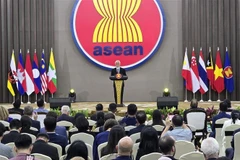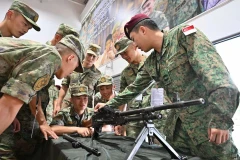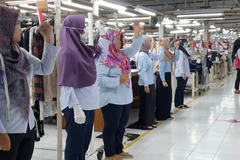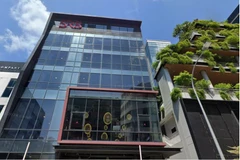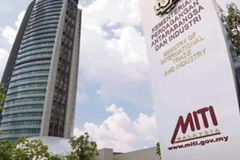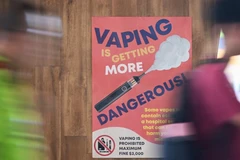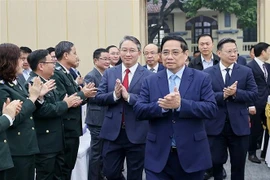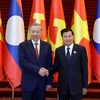The decision wasreleased at a meeting of the Council of Ministers on May 14 chaired byPresident Raul Castro, according to Cuban Television.
Since October, 2010, a total of 180,000 people have been granted business licences.
At the meeting, the Cuban President said that the rearrangement oflabour forces needs time for preparation to ensure no resident becameunemployed.
Cuba plans to lay off 1.3 millionworkers in state-owned factories and agencies in the next five years,the meeting said.
Participants at the get-togetheragreed that newly established non-state enterprises are yet to have thecapacity to employ all redundant labourers in the state-owned sector.
Therefore, with the extension plan for the non-stateeconomic sector, Cuba expected to create 1.5 million jobs in yearsto come.
The meeting underlined the need to updatethe national economic plan in 2011, due to increasing food and materialprices in the world market, which forced Cuba to spend an additional800 million USD to import essential goods this year.
The move is part of guidelines detailed at a document approved at theseventh National Congress of the Cuban Communist Party in April,named “Socio-Economic Guidelines of the Party and the Revolution” ./.


